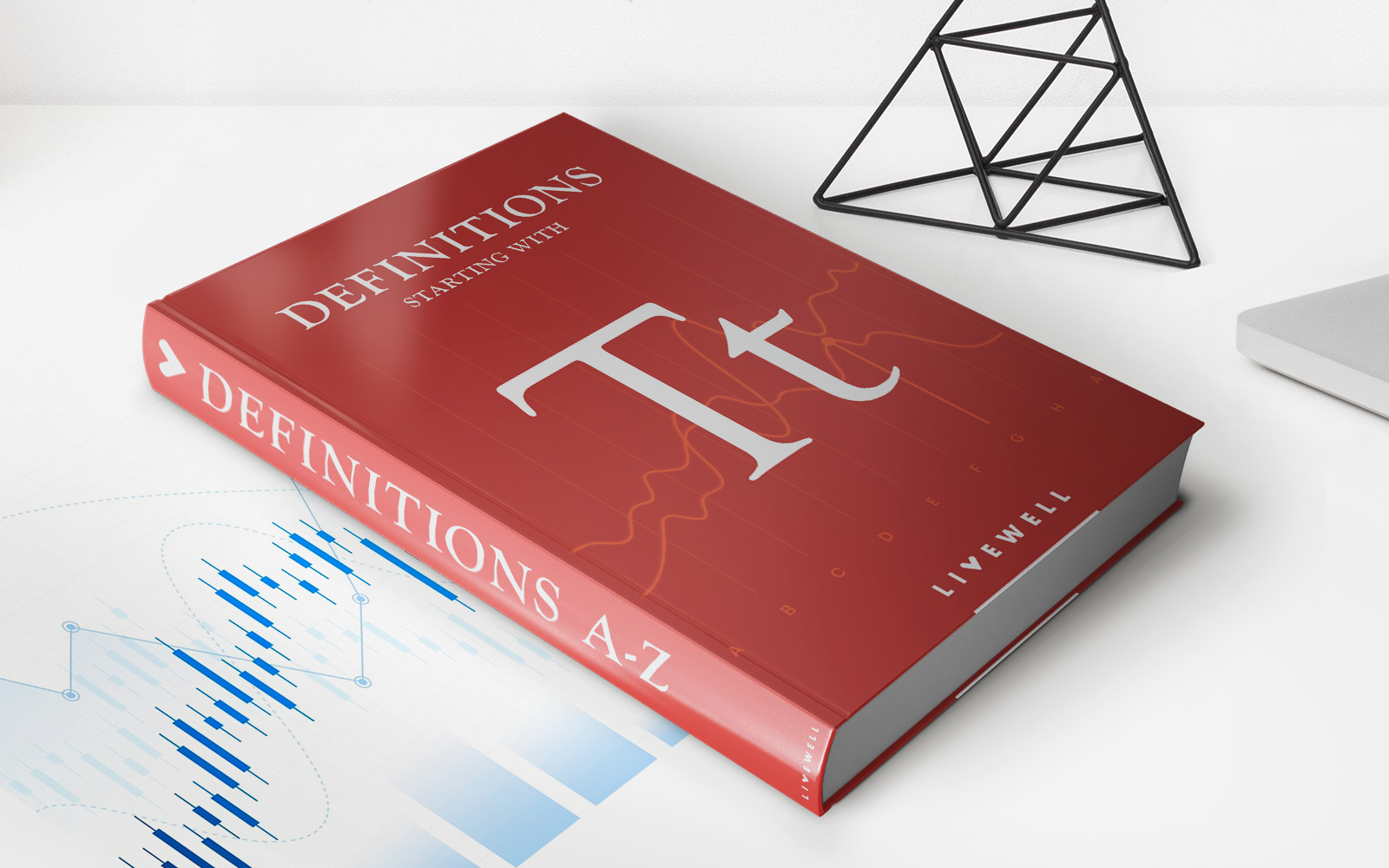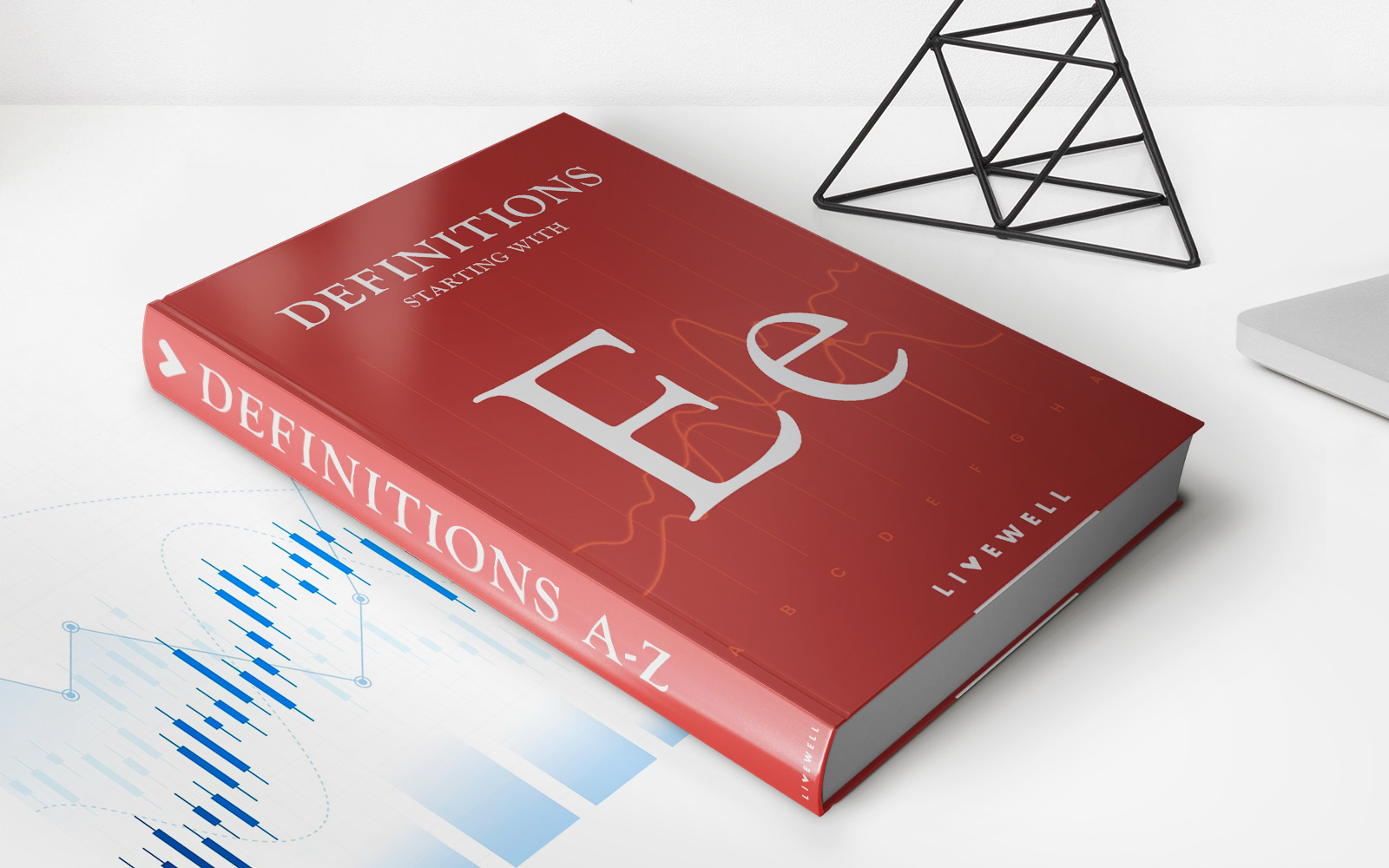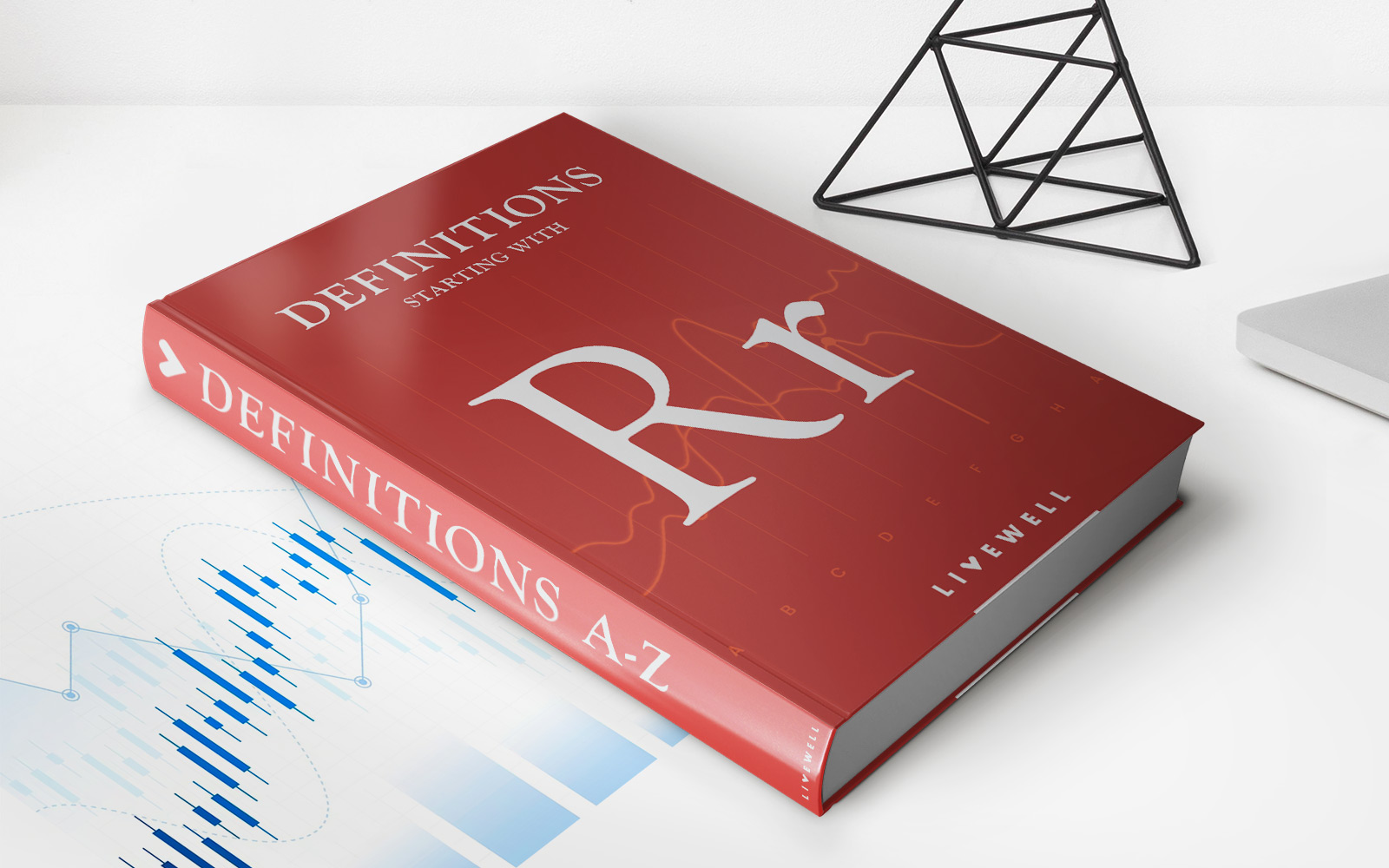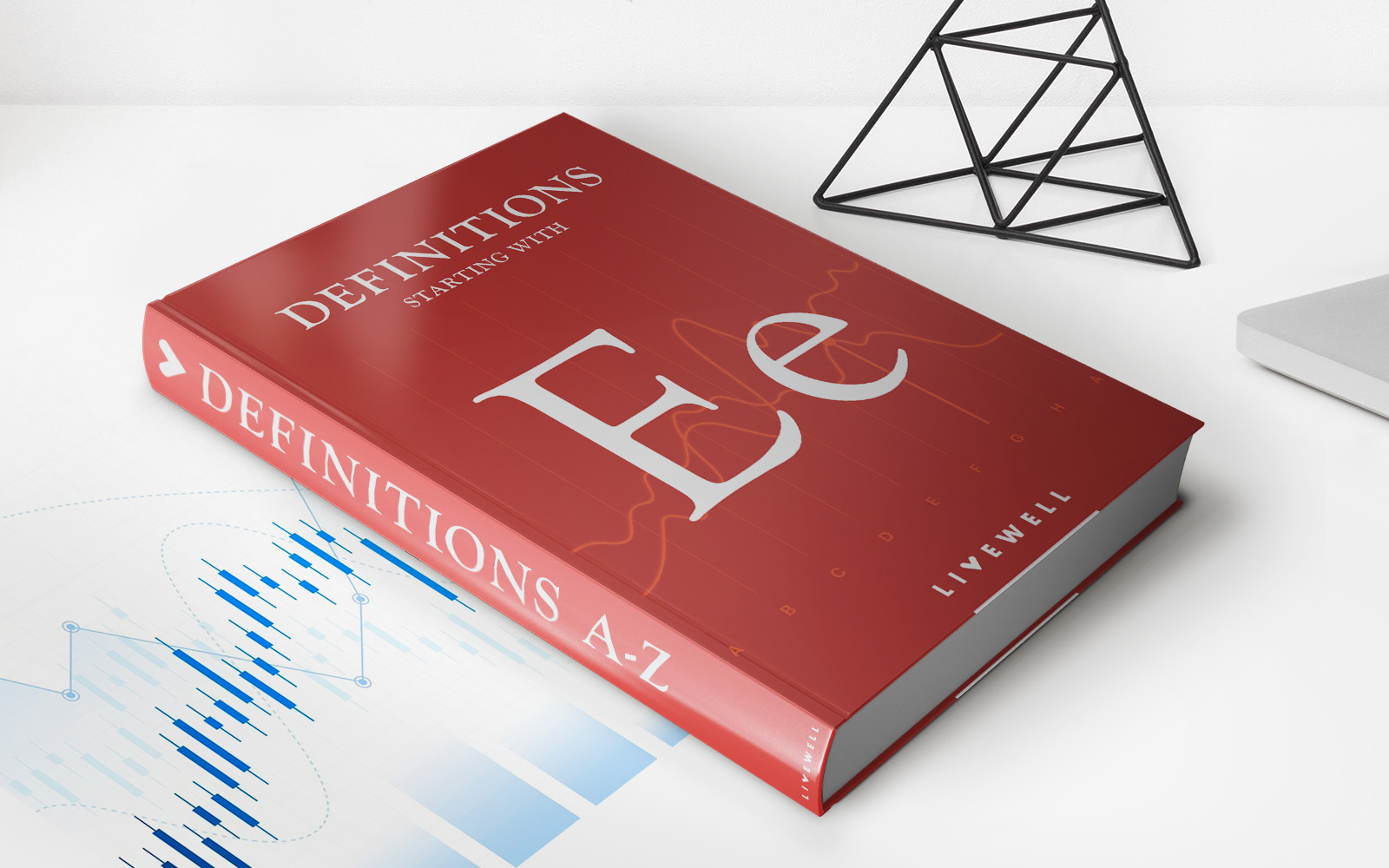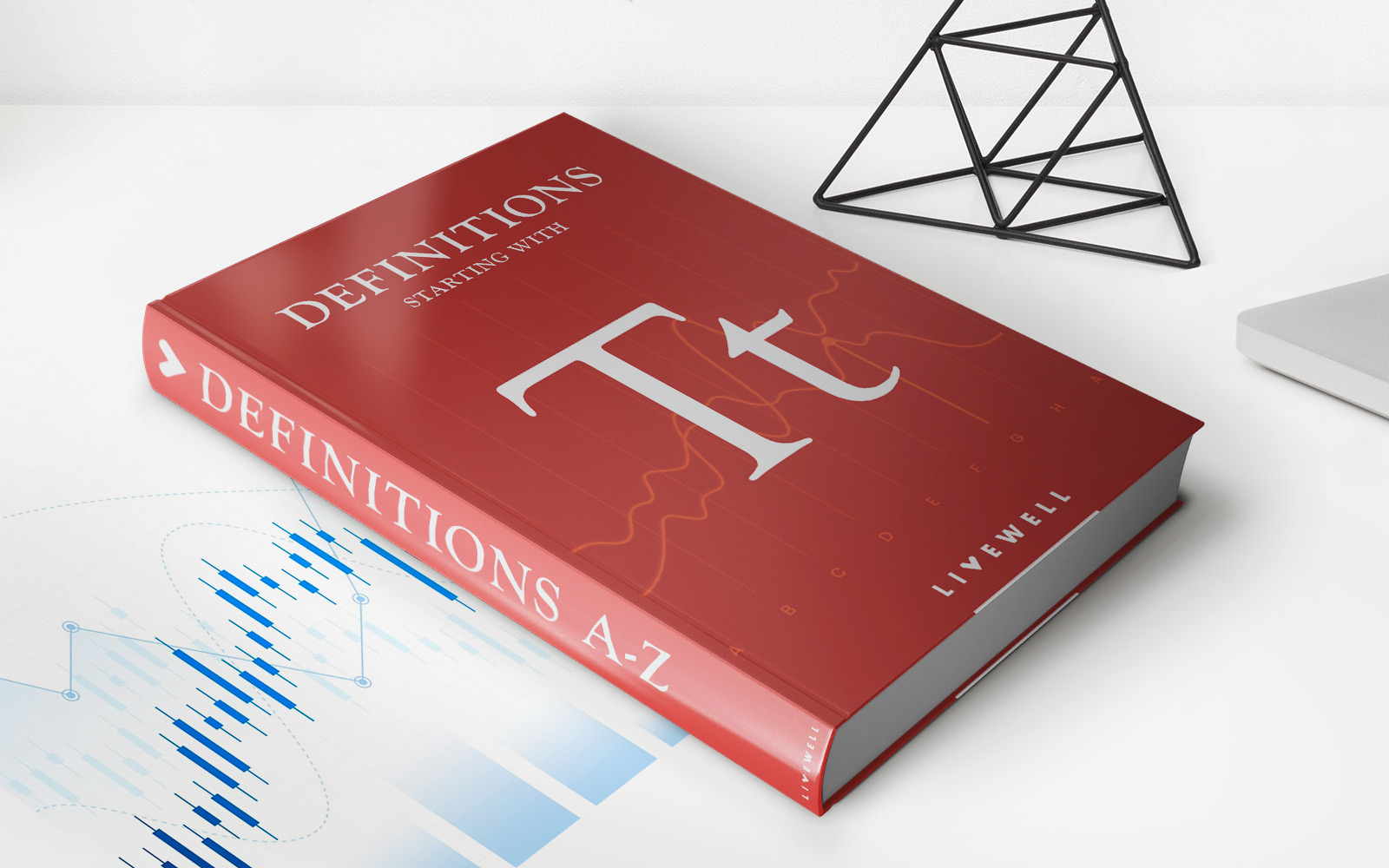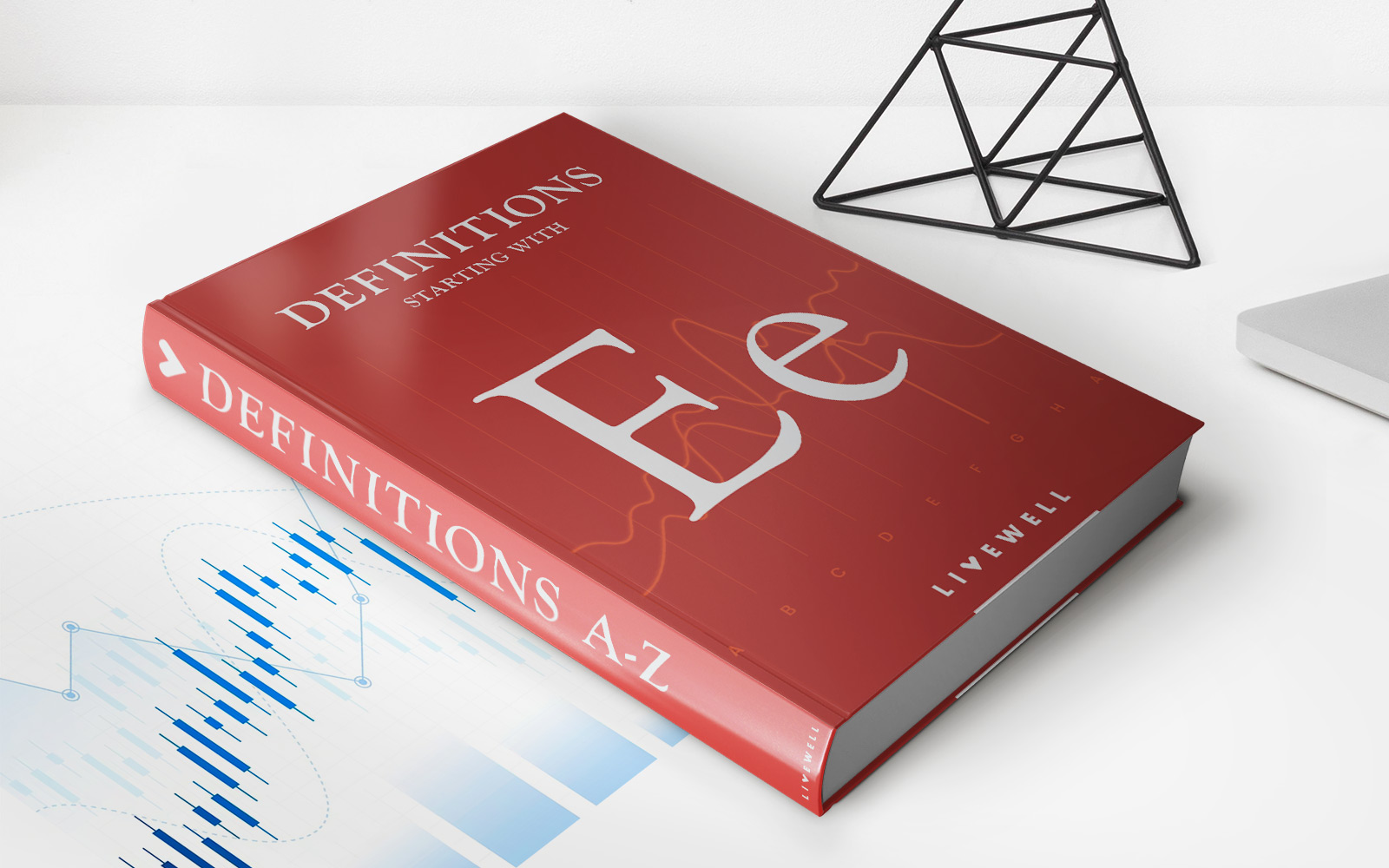

Finance
Exemption Trusts: Definition And Examples
Published: November 20, 2023
Looking to understand exemption trusts in finance? Learn the definition and explore real-life examples to better grasp this crucial financial concept.
(Many of the links in this article redirect to a specific reviewed product. Your purchase of these products through affiliate links helps to generate commission for LiveWell, at no extra cost. Learn more)
Exemption Trusts: Definition and Examples
Welcome to another informative post in our FINANCE category. In today’s article, we will explore the concept of exemption trusts, what they are, and provide some examples to help you understand their practical application. If you’ve ever wondered how to protect your assets and minimize your tax liabilities, this is definitely the article for you!
Key Takeaways:
- An exemption trust is a legal instrument commonly used in estate planning to protect assets and minimize tax burdens.
- These trusts can provide financial flexibility, allowing beneficiaries to access income and principal while also shielded from creditors and certain tax obligations.
What is an Exemption Trust?
An exemption trust, also known as a credit shelter trust or a bypass trust, is a legal arrangement that is commonly used in estate planning. Its primary purpose is to protect assets from excessive taxes and ensure their smooth transition to beneficiaries upon the death of the grantor.
Now, you might be wondering, “How does an exemption trust work?” Well, let’s break it down into a few key points:
- Maximize the use of tax exemptions: When an individual passes away, their estate might be subject to federal and/or state taxes. However, tax laws usually allow for certain exemptions and deductions. By utilizing an exemption trust, a grantor can make the most of these exemptions and minimize the overall tax burden on their estate.
- Protect assets: Another significant benefit of an exemption trust is asset protection. By establishing a trust, the grantor can ensure that their assets are shielded from creditors and potential legal claims. This protection can be particularly valuable if the beneficiaries face financial difficulties or are at risk of lawsuits.
- Flexible distribution: Exemption trusts offer flexibility in terms of distributing income and principal to beneficiaries. While the grantor may specify how the assets should be distributed, the trust agreement can also provide the trustees with discretion to adjust distributions based on the beneficiaries’ needs, financial circumstances, or changes in tax laws.
Examples of Exemption Trusts
To help illustrate the practical applications of exemption trusts, let’s explore a few examples:
- In a married couple scenario, each spouse can set up an exemption trust. Upon their passing, each trust can shelter the maximum exempt amount from federal estate taxes, which is especially beneficial when the total estate value exceeds the exemption limit. This ensures that a significant portion of the estate can pass to the next generation without being subject to excessive taxes.
- An exemption trust can also be established to provide for the surviving spouse while protecting the principal for the ultimate beneficiaries, such as children or grandchildren. This structure allows the surviving spouse to enjoy the trust’s income during their lifetime, while the trust’s principal remains protected for the designated beneficiaries.
- If a business owner wants to pass on their business to the next generation, an exemption trust can be an effective tool. By transferring company shares to the trust, the business owner can ensure the continuity of the business while allowing the beneficiaries to benefit from income generated by the business without facing immediate tax consequences.
Keep in mind that exemption trusts can be complex legal instruments, and it is crucial to consult with a qualified attorney or financial advisor to ensure they are implemented correctly. This will help maximize the benefits of an exemption trust and ensure it aligns with your specific financial and estate planning goals.
In conclusion, exemption trusts offer significant advantages when it comes to estate planning and minimizing tax liabilities. They provide an avenue to protect assets, maximize tax exemptions, and ensure a smooth transition of wealth to future generations. If you want to explore the possibilities of utilizing an exemption trust to secure your financial future, be sure to reach out to a professional who can guide you through the process.
Thank you for reading this article, and we hope it provided you with valuable insights on exemption trusts. Be sure to check out our other finance-related posts for more informative content!


